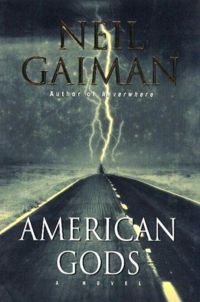Check out this story about a family in the United Kingdom with three generations of people who do not work, live in a government-owned house and live only on government benefits. Apparently, between the lot of them they manage to collect benefits worth 32,000 pounds a year, which is a very tidy sum by Malaysian standards. The worst part of all of it that they’re perfectly content to live like this for the rest of their lives and more disgustingly, believe that it is their right to live like this and it is the government’s responsibility to provide for them. And, by the way, they’d like the government to give them a 10-bedroom house too, because they think their current 3-bedroom house isn’t big enough.
Granted, this story was published in the Daily Mail, which isn’t exactly a paragon of journalism, but if the facts stated in it are broadly accurate, it’s a good example of why socialism is a bad idea. I’ve railed a bit here and there over the populist electoral promises made by the DAP. All too many people, it seems, believes that the proper role of government is to distribute largesse to the people who voted it in, but where does government revenue come from if not from the people themselves?
